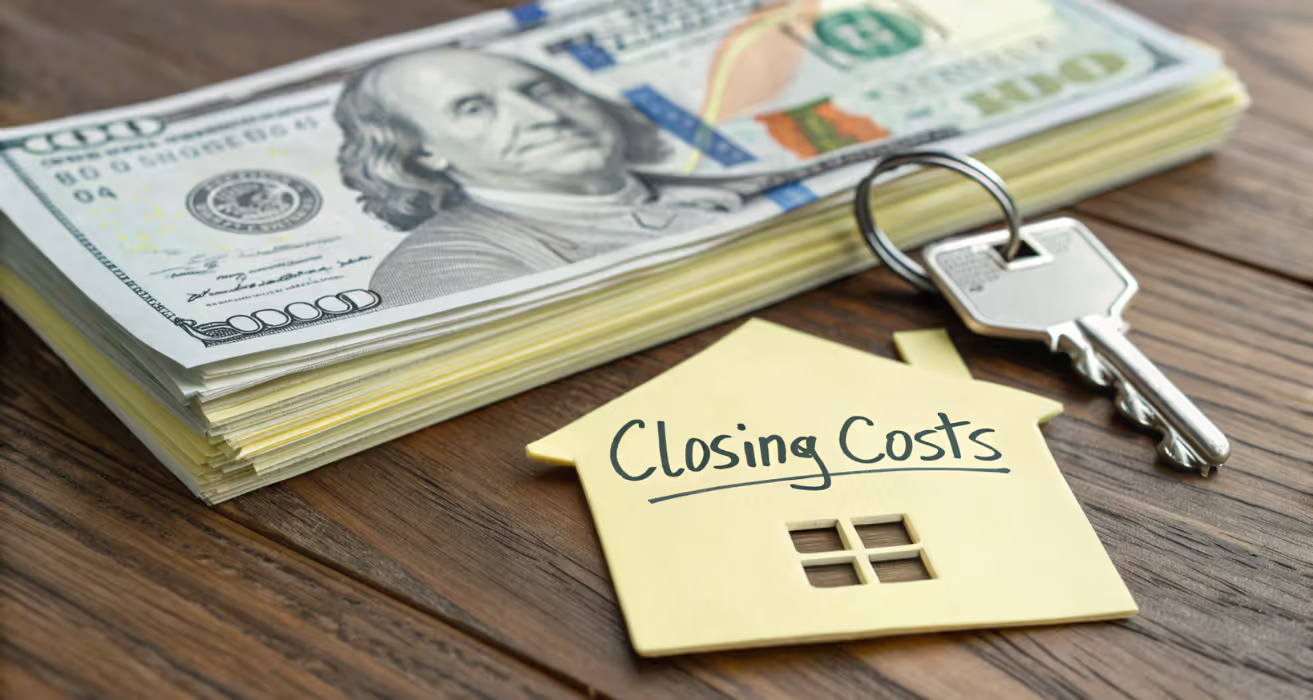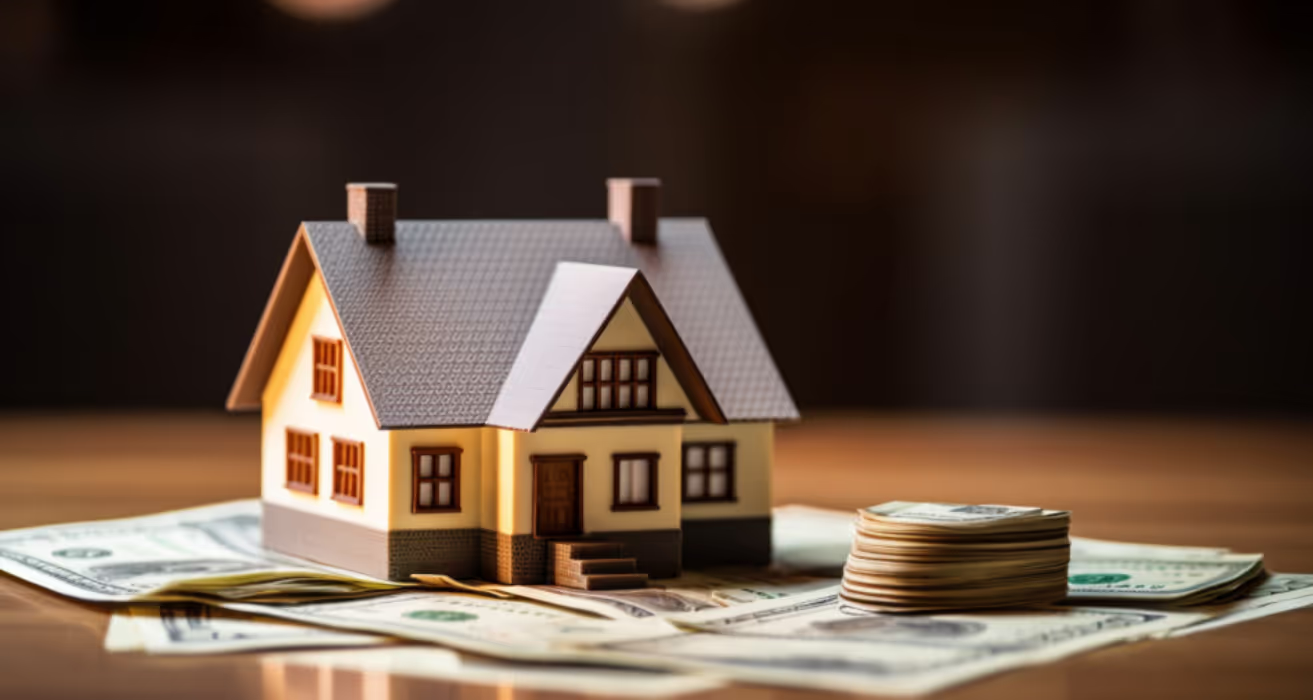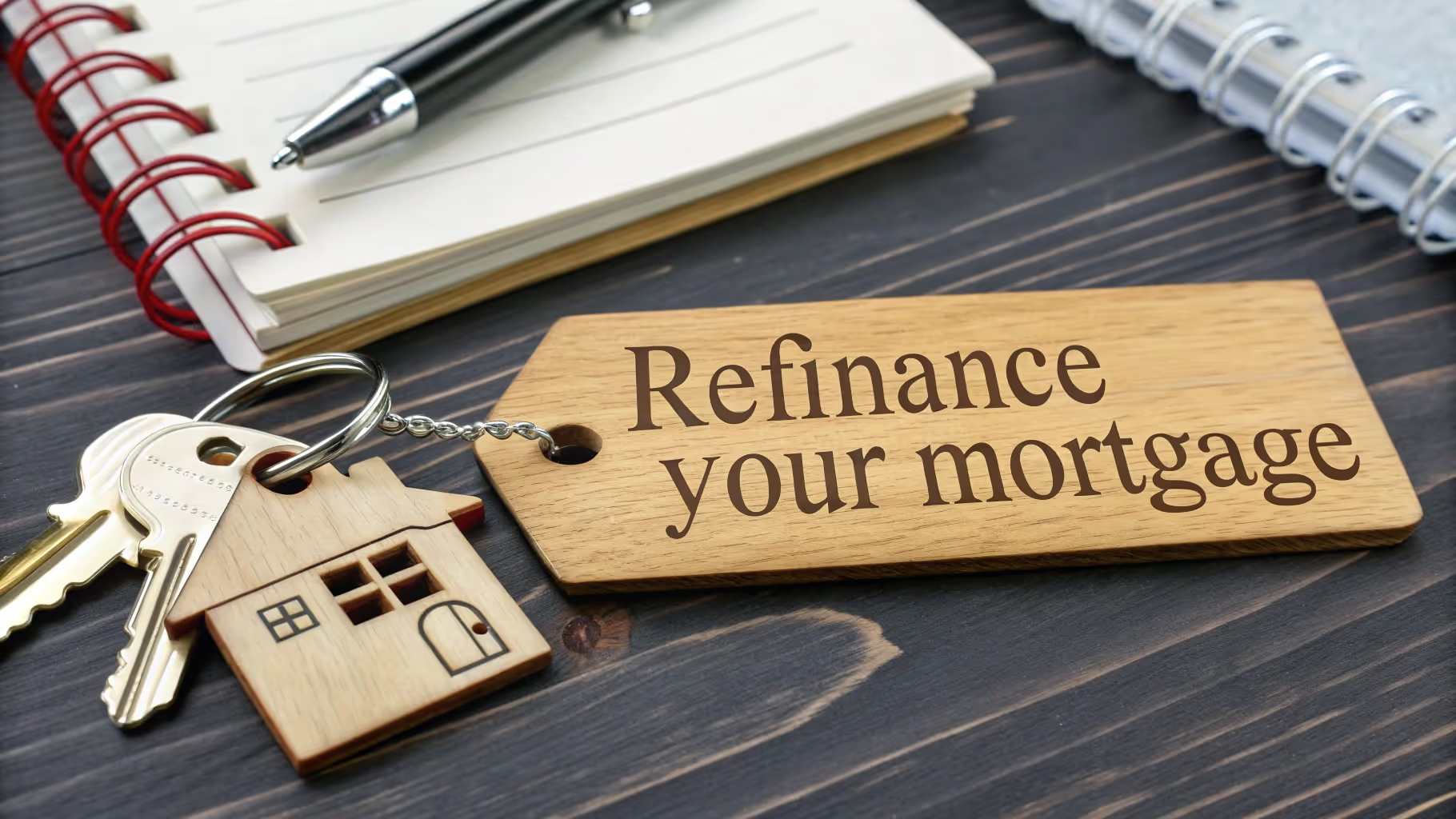Should You Refinance Your Second Home Mortgage?
.avif)
Let’s face it: owning a second home is a dream, until you start seeing those mortgage payments eat into your finances. If you've been wondering whether refinancing your second home makes financial sense, you're not alone. Many homeowners are reevaluating their mortgage terms in 2025, especially with rate fluctuations and evolving financial goals.
If your second home's mortgage rate is higher than what’s currently available, refinancing could lower your monthly payments, free up equity, or improve loan terms. But it’s not as straightforward as refinancing a primary residence, and we’ll show you why.
Key Takeaways:
- Refinancing a second home can lead to lower rates, cash-out options, or better loan terms.
- Lenders evaluate second homes differently from primary residences.
- You must meet equity, credit, and occupancy requirements.
- Timing the market and comparing lenders is essential.
Why Refinance a Second Home?
There are several reasons refinancing might be the right move:
- Lower Interest Rates: If today’s rates are significantly lower than when you locked in your loan, refinancing could save you thousands.
- Cash-Out Refinancing: Need funds for renovations or debt consolidation? Refinancing might let you tap into your home’s equity.
- Shorten Loan Term: Switching from a 30-year to a 15-year mortgage can reduce overall interest costs.
- Switch Loan Types: Adjustable-rate mortgages (ARMs) can be risky. Refinancing to a fixed rate can bring peace of mind.
Pro Tip: Rates for second homes are typically higher than those for primary residences. That’s because lenders consider them higher risk.
What Lenders Look For?
Before approving your refinance, lenders will evaluate:
- Loan-to-Value Ratio (LTV): You typically need at least 20% equity in your second home.
- Debt-to-Income Ratio (DTI): Aim for under 43%, though some lenders allow higher.
- Credit Score: A 680+ FICO score is often required, though 700+ is preferred.
- Occupancy Verification: You must confirm the home is for personal use, not a full-time rental.
Heads up: Some lenders may restrict Airbnb or other short-term rental income when calculating qualifying income.
Steps to Refinance Your Second Home
- Check Your Current Loan Terms and Equity.
- Determine Your Goal: Lower monthly payment? Cash-out? Short-term?
- Compare Rates Across Lenders.
- Gather Documents: Income, tax returns, W-2s, mortgage statements.
- Apply and Lock in Your Rate.
- Close and Enjoy Your New Terms.
Alternatives to Traditional Refinancing
- HELOC (Home Equity Line of Credit): Flexible, interest-only draw periods.
- Home Equity Loan: Fixed rate, lump sum payout.
- Streamline Refinance: Some lenders offer reduced-doc refinances for eligible borrowers.
Each has pros and cons. It depends on how long you plan to keep the property, your financial goals, and your credit profile.
Conclusion: Should You Refinance?
Refinancing a second home mortgage isn’t a one-size-fits-all decision. But if you have equity, a strong credit profile, and long-term plans for the home, it could unlock serious savings. And if you’re tired of pushy lenders or high fees, realpha gives you a commission-free way to explore your options.
Want help from mortgage experts? Be My Neighbor offers borrower-first guidance and licensed support from start to finish. Either way, your second home could start working harder for you.
NMLS ID: 1743790
Disclosures: This is not a commitment to lend. All loans are subject to underwriting approval. Rates, terms, and conditions are subject to change without notice. Consult with a licensed mortgage professional for eligibility and details.
FAQs
What is the minimum equity needed to refinance a second home?
Most lenders require at least 20% equity to approve a refinance for a second home.
Can I use rental income to qualify for refinancing?
In most cases, lenders are cautious about short-term rental income. You may need to show a stable, long-term rental history.
Are interest rates higher on second homes?
Yes. Rates are usually 0.25% to 0.5% higher compared to primary residences.
Can I refinance with bad credit?
Possibly, but it’ll be harder. Aim for a FICO score above 680 to qualify for favorable terms.
How long does refinancing take?
Typically, 30-45 days, depending on the lender and your documentation.
Is refinancing worth it for a small interest rate drop?
It can be. Even a 0.5% drop could lead to significant savings over time, especially with a large loan balance.
What fees are involved in a refinance?
Expect to pay 2-5% of your loan amount in closing costs, unless you use a commission-free option like realpha.
For tailored advice, start your refinance journey at realpha.com or get personalized help at bemyneighbor.mortgage.


.avif)
.avif)
.avif)
.avif)
.avif)
.avif)
.avif)
.avif)
.avif)
.avif)
.avif)
.avif)
.avif)
.avif)
.avif)
.avif)
.avif)
.avif)
.avif)
.avif)
.avif)
.avif)
.avif)

.avif)

.avif)
.avif)
.avif)
.avif)
.avif)


.avif)

.avif)





.avif)
.avif)
.avif)
.avif)
.avif)
.avif)
.avif)
.avif)
.avif)
.avif)
.avif)
.avif)
.avif)
.avif)
.avif)
.avif)



